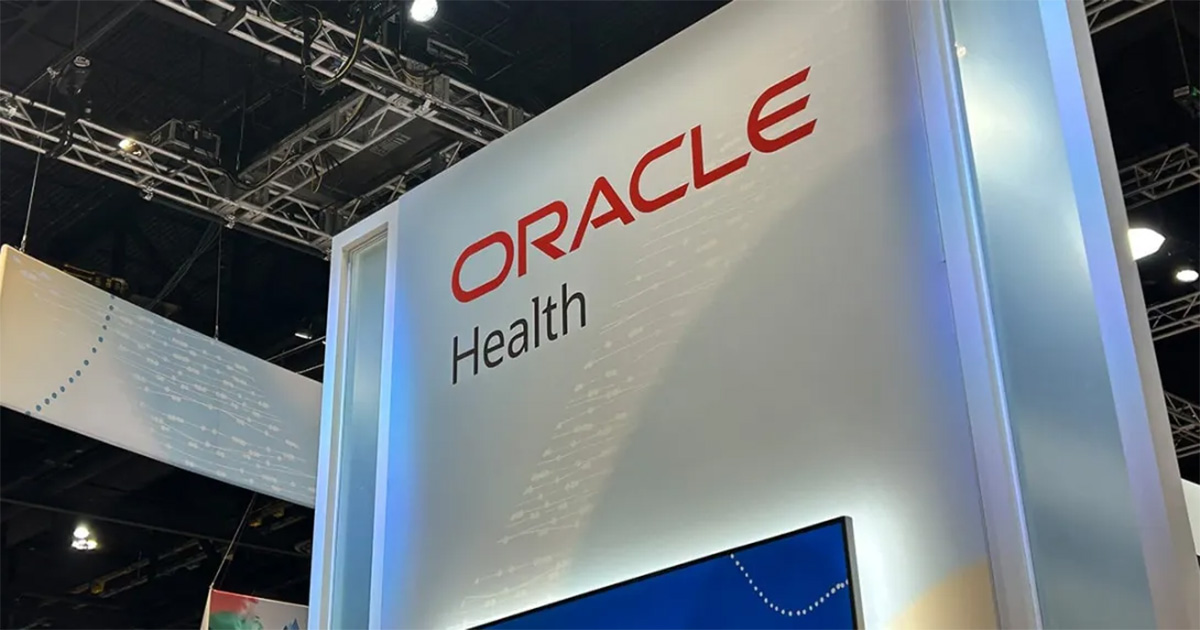What is your first order of business?
My first order of business is to try to make sure that I’ve met everyone and that I understand some of the basic logistics so that I can assure that I can communicate well with all of my colleagues in the organization. But, then, very, very quickly, we’ll kind of dive into the pieces of work that have got to get done right now, and one is to assure that the programs that are already up and running to certify EHRs, specifically for meaningful use and the program that looks at more robust certification to meet the more complex needs of the delivery system are both moving along consistently without a break so that our constituency is comfortable that there is no break in that process.
No, 2 would be to assure that the certification commission has all its ducks in a row with respect to obtaining accreditation as a certifying body, and I know that they’ve done a lot of work on that already and don’t think there’s going to be any issue with that. I guess the third thing obviously will be to get into a strategic planning process recognizing that the environment is changing, and it’s very dynamic and how can we take advantage of these wonderful opportunities in a way that assures that we are flexible and efficient. These processes can’t be costly and truly meeting the needs of our constituency. So, those are the first three things and it won’t all happen on day one.
Do you fully expect that the commission will be among the several certifying bodies?
I fully expect that it will be. Absolutely. It’s a trusted organization, and it has already build all the things that will be necessary and has done a good gap analysis, for instance, the international standards and others. It is putting together documentation. It truly is in line to be able to be accredited. It’s a matter of going over all of that and understanding it.
How do imagine the commission’s role going forward? Do you see the commission’s role changing?
Different parts of it will change, but there’s no question that I certainly envision it to continue to be the most trusted entity to assure that the products that are out there in health information technology are meeting the needs of the various constituencies among the users – clinicians and physician offices, the hospitals. We’re moving into the nursing home environment. There are many different users of electronic health information that will benefit by knowing that the parts that they are purchasing or implementing have a very specific set of characteristics that they can rely on. I’m sure that we will continue to be the most trusted name in certification going forward.
I think competition is a good thing. It does encourage one to be more efficient and to assure that one’s revenue model is strong enough to keep going, and I’d like to underline the fact that the certification commission has gone through a major metamorphosis over the Past year already, because it had been pretty much government funded in the beginning and has become a self-sustaining organization. There is opportunity to become a little more efficient in that process and I think the competition will outline ways in which we can do that.
What do you see as the biggest challenge ahead for CCHIT?
I think we’re all awared that the environment is changing dramatically, and the types of decisions that will get made around MPRM meaningful use, the MPRM around certification will, I think, drive some of this agenda. And, it’s a tight time schedule. So we believe that we’re flexible enough, and we’ve got the resources to deal with that. But, it will be a bit of a challenge for everyone to meet the needs of the provider community that have to demonstrate meaningful use in time sync that up against all the rules and regulations that are going out of the Department of Health and Human Services.
You have unique experience in a variety of areas. How will that inform your new role?
What I bring to the commission, I think, falls into three areas. No., 1 I have a lot of experience working in multi-stakeholder situations, where one has to meet sometimes a very diverse set of needs and bring people to some form of consensus. I will say that Mark Leavitt has been a master at that. Secondly, while I am not as strong on the technical side – I don’t do coding. I don’t spend a lot of time doing actually the technical aspects of health information technology – I’m much more on the policy side, and coupled with that, I understand a lot of the clinical issues involved with implementing and adopting HIT in the real world setting. I’ve done it myself. I think it’s that combination of consensus building and clinical experience and policies are the pieces I bring to the table.
What are you reading?
What a great opportunity to share a book I was just reading, which is fabulous. It’s called “Destiny Disrupted,” by Cami Ansari. He’s from Stanford. It’s essentially the history of Mideastern culture and religion seen through the eyes of someone who grew up there and learned it from that perspective. It really is No. 1 very well written, very easy to read., and really explains in many different ways from many different angles how we got to be where we are with respect to all of the dynamics that are going on right now.


